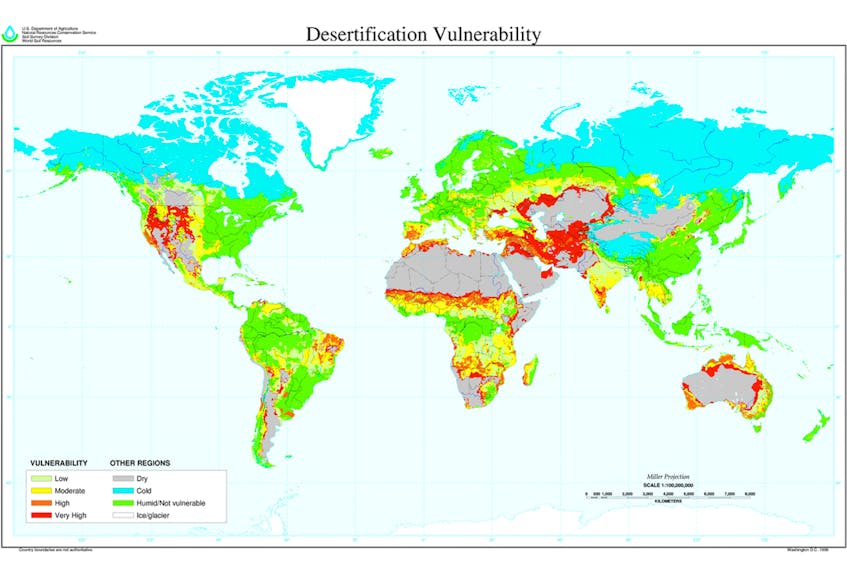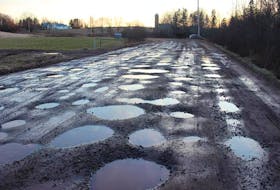
Think of it as a trial run. Or maybe as a test — that we’re failing.
But one thing’s for sure — it’s only the warm up. Because warming up is going to be an even bigger test.
Right now, the Western World is looking like a decidedly shabbier place. Bit by bit, we’re closing doors — in Europe, in the United States — to desperate people with nowhere else to turn.
It’s not a shining moment.
The United States, for example, was founded on the concept of holding its arms open for those trying to escape tyranny or violence. Remember “Give me your tired, your poor, Your huddled masses yearning to breathe free, The wretched refuse of your teeming shore”? It’s written on the Statue of Liberty, after all.
Right now, a substantial number of Americans actually approve of separating children from their parents — and keeping those children in camps — as families try to escape extreme violence in countries like Guatemala and Honduras. This, in a country where those supporting blocking migration are actually immigrants themselves.
In Europe, more and more restrictions are being thrown up to block refugees, even as refugees take more and more desperate methods to escape their home countries.
To illustrate that point, this week The Guardian in Britain printed every single name of the 34,361 refugees known to have died trying to reach Europe.
The problem is growing.
There are more refugees in the world now than ever before — 68.5 million. More than the population of the United Kingdom. Only a tiny fraction of them are being resettled, leaving millions in limbo, often in dangerous camps.
But this is only the beginning.
A bigger surge is coming.
There are wildly different predictions about how many people will be displaced by climate change: the only constant is that the number will be really, really big. Three different estimates include 143 million people (Time, December 2017), 300 million people (Business Insider, December 2017) and one billion (ReliefWeb, August 2017), all of that by the year 2050.
What’s clear is that the number of refugees is going to increase dramatically, and soon. Climate refugees already exist and their numbers are growing. (Keep in mind, the three numbers above are in addition to the existing numbers of refugees due to conflict and violence.)
The cause of the climate migration? Desertification of currently arable land, rising sea levels and a new scale of extreme weather events. It won’t be a question of telling people they have to “go back where they came from.” The places they’ll be coming from might not even be habitable any longer.
And that turns toughening up borders into a much higher stakes game: how do you stop the mass migration of people with nothing to lose, people for whom death in the short term is a near-certainty?
Let’s put it in even more stark terms. How many desperate migrants are you willing to have killed as they seek a better life — something they either have to do, or die? How many of your children are you willing to see enter an expanding military — needed to preserve borders — and die fending off migrants to preserve the way of life you believe is somehow your birthright?
This isn’t a dystopian science fiction thriller — given that many First World countries also seem unwilling to make any sacrifices to forestall climate change, it’s really only a matter of when.
The world is changing for everyone. And our current world of simply closing all the doors will only work until the weight of refugees pushing against those doors knocks them down.
Company’s coming, whether you like it or not. And they are going to stay.
Russell Wangersky’s column appears in 39 SaltWire newspapers and websites in Atlantic Canada. He can be reached at [email protected] — Twitter: @wangersky.









